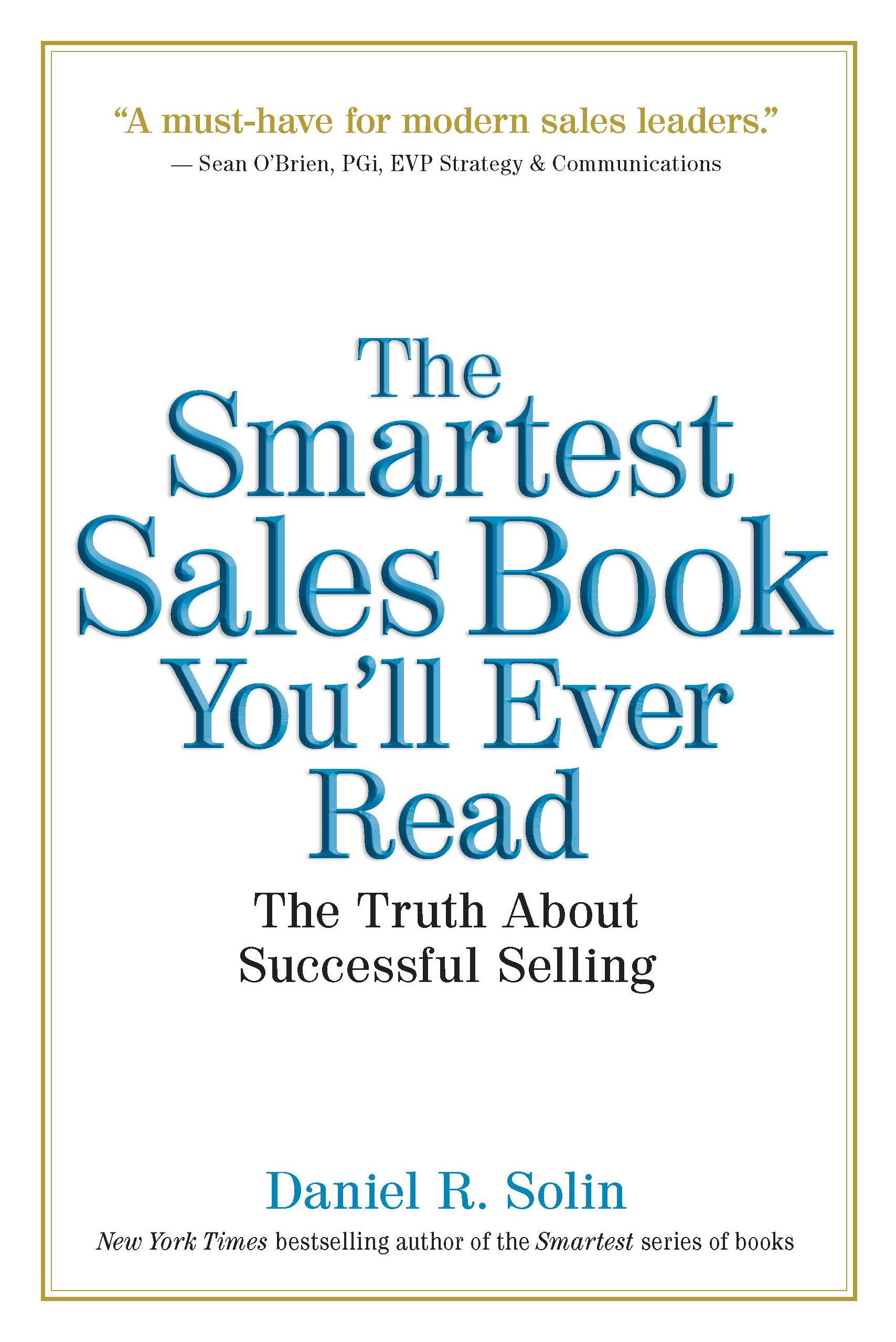Don't believe there is a legitimate debate over the fiduciary rule proposed by the U.S. Department of Labor (DOL). I suspect opposition to it is really about the enormous profits that the securities industry generates from giving conflicted advice. While the industry is great at obfuscating its real agenda, two recent developments make clear what's really at stake.
JPMorgan Chase investigation
According to published reports, JPMorgan Chase is under investigation by the Securities and Exchange Commission (SEC) over sales of its proprietary mutual funds. "Proprietary" funds are typically those created by a brokerage firm and branded with their name.
The SEC is investigating whether the bank and its brokerage affiliate used "bonuses and other incentives to encourage their financial advisers to steer clients improperly into in-house funds, structured notes and other investments that generate fees for the bank."
Proprietary funds offered by Wall Street's large commercial banks have a less-than-distinguished performance history. According to an analysis commissioned by the New York Times, most of the funds run by each of the big players (Goldman Sachs, Morgan Stanley, JPMorgan Chase and Wells Fargo) have "underperformed their basic benchmarks over the last 10 years... And that does not include the funds that went out of business because of poor performance."
The ability to recommend expensive, poorly performing funds is big business. The New York Times article noted that investors in one of Goldman Sachs' most popular proprietary funds paid fees 10 times higher than those charged for a comparable index fund at Vanguard and received returns "that were 6 percent lower than the Vanguard fund over the last five years."
High fees for the industry. Lower returns for you. It's easy to understand why brokers and their firms are lobbying against adoption of the DOL's fiduciary rule. Under the rule, and as fiduciaries, brokers could not engage in these practices because they would be obligated to put the interests of retirement plan participants first. Currently, brokers are permitted to resolve conflicts in their own favor.
Affiliated funds harm 401(k) participants
A recent study by The Pension Research Council at the University of Pennsylvania's Wharton School looked at the fund options offered by 2,494 401(k) plans. It findings were troubling.
To begin with, there was a direct conflict between trustees of the plan affiliated with mutual fund families and the best interest of plan participants. More than three-quarters of the funds studied fell into this category. Those trustees had an economic incentive to include affiliated funds as investment options and to keep them there, regardless of their performance.
The study found trustees in these plans resolved this conflict in their own favor and contrary to the interest of plan participants. Affiliated funds were more likely to be included as fund options. Despite poor performance, they were less likely to be replaced than non-affiliated funds. When they were replaced, they were likely to be substituted with another affiliated fund.
The report concluded that plan participants would have earned higher risk-adjusted returns if they switched from underperforming affiliated funds to unaffiliated funds.
The problem is the "trustee" is not likely to recommend unaffiliated funds to plan participants, or to dump affiliated funds that are underperforming. According to the study, most plan participants "are generally not sensitive to performance and do not undo the menu's bias towards affiliated families."
This is the system opponents of the fiduciary rule wish to perpetuate.
Don't believe they have any motive other than an economic one.
 Dan Solin is a New York Times bestselling author of the Smartest series of books. His latest book is The Smartest Sales Book You'll Ever Read.
Dan Solin is a New York Times bestselling author of the Smartest series of books. His latest book is The Smartest Sales Book You'll Ever Read.
The views of the author are his alone and may not represent the views of his affiliated firms. Any data, information and content on this blog is for information purposes only and should not be construed as an offer of advisory services.
